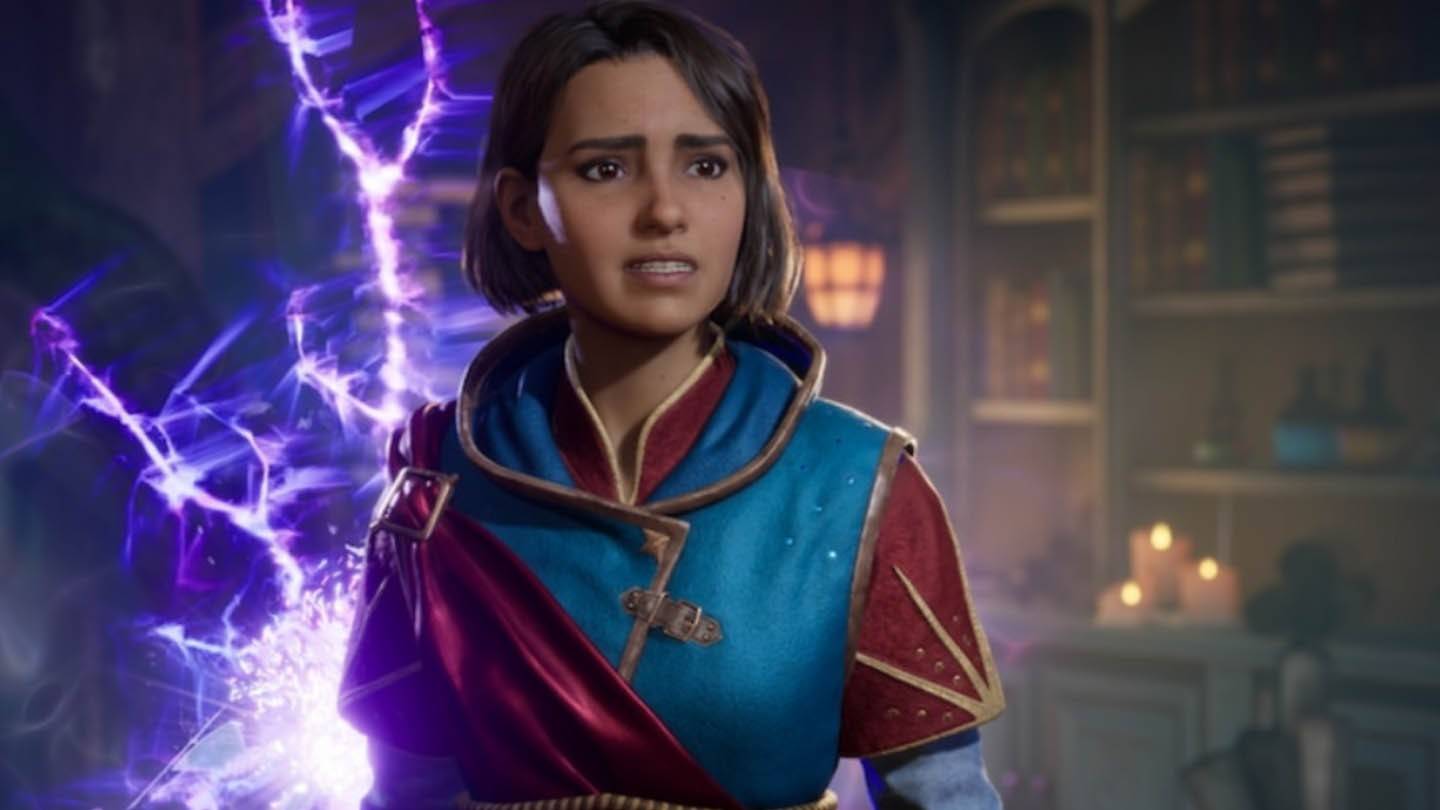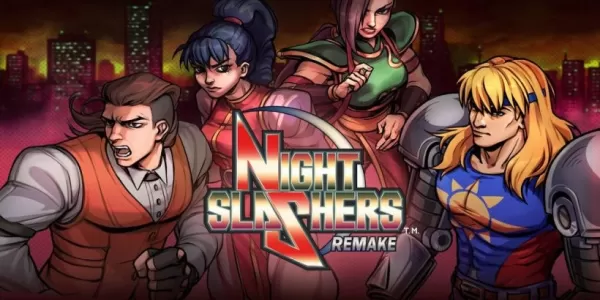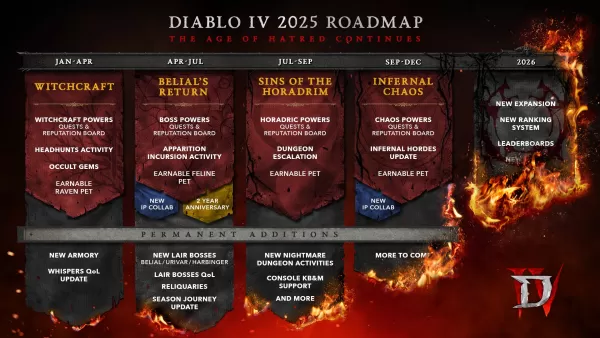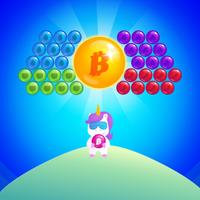
The eagerly awaited cooperative adventure game, *Split Fiction*, created by the mastermind behind *It Takes Two*, has unfortunately become a target of piracy shortly after its launch on March 6, 2025. Available on various platforms, including PC via Steam, the game garnered widespread attention and positive feedback from both critics and players.
Despite its critical acclaim, *Split Fiction* faced a swift crack by tech-savvy hackers due to the absence of strong DRM (Digital Rights Management) protection. Electronic Arts chose not to use Denuvo, a popular anti-tamper technology, which made the game more susceptible to unauthorized access. As a result, within days of its release, pirated copies of *Split Fiction* started circulating online, enabling unauthorized users to experience the game without purchasing it.
This incident underscores the persistent challenges developers encounter in safeguarding their games from piracy while trying to maintain a balance between player accessibility and performance. While many gamers appreciate the absence of intrusive DRM systems like Denuvo, this choice can leave games more vulnerable to exploitation soon after launch.
*Split Fiction* has been lauded for its innovative cooperative mechanics, captivating narrative, and striking visuals. Early player reviews on Steam echo this sentiment, with many praising the game as a commendable follow-up to Josef Fares' previous work. The game encourages players to embark on a distinctive cooperative journey, featuring clever puzzles, emotional storytelling, and dynamic gameplay. Its success among legitimate purchasers highlights the potential impact of piracy on sales and the developer's revenue.
The decision to omit Denuvo protection in *Split Fiction* has reignited debates about the role of DRM in contemporary gaming. While some contend that DRM can adversely affect game performance and annoy legitimate players, others argue it is essential in deterring piracy.
In the case of *Split Fiction*, the lack of DRM might have facilitated its quick compromise, prompting questions about whether Electronic Arts underestimated the hackers' speed. This situation serves as a reminder of the delicate balance developers must strike between protecting their work and ensuring a positive player experience.








